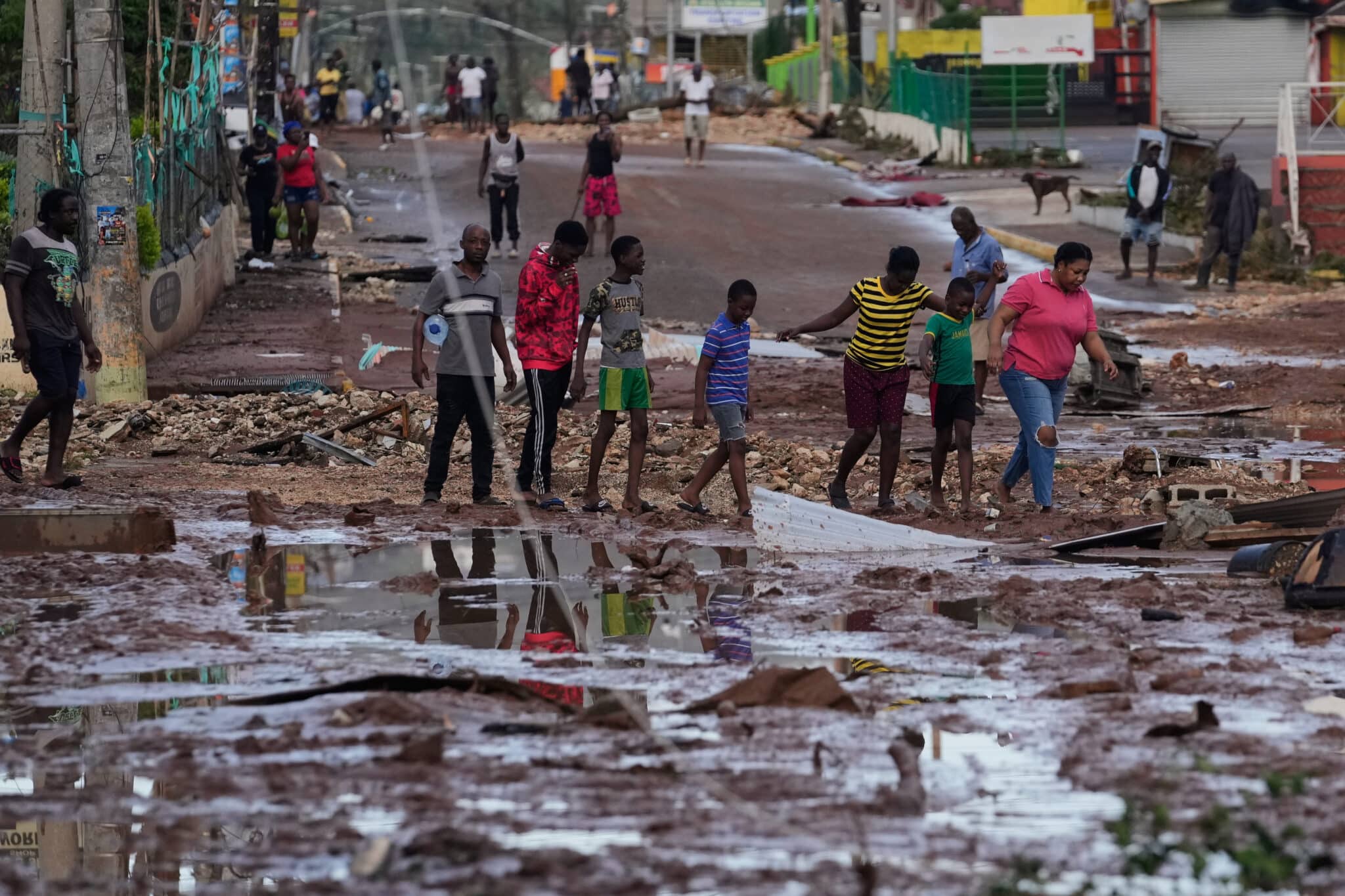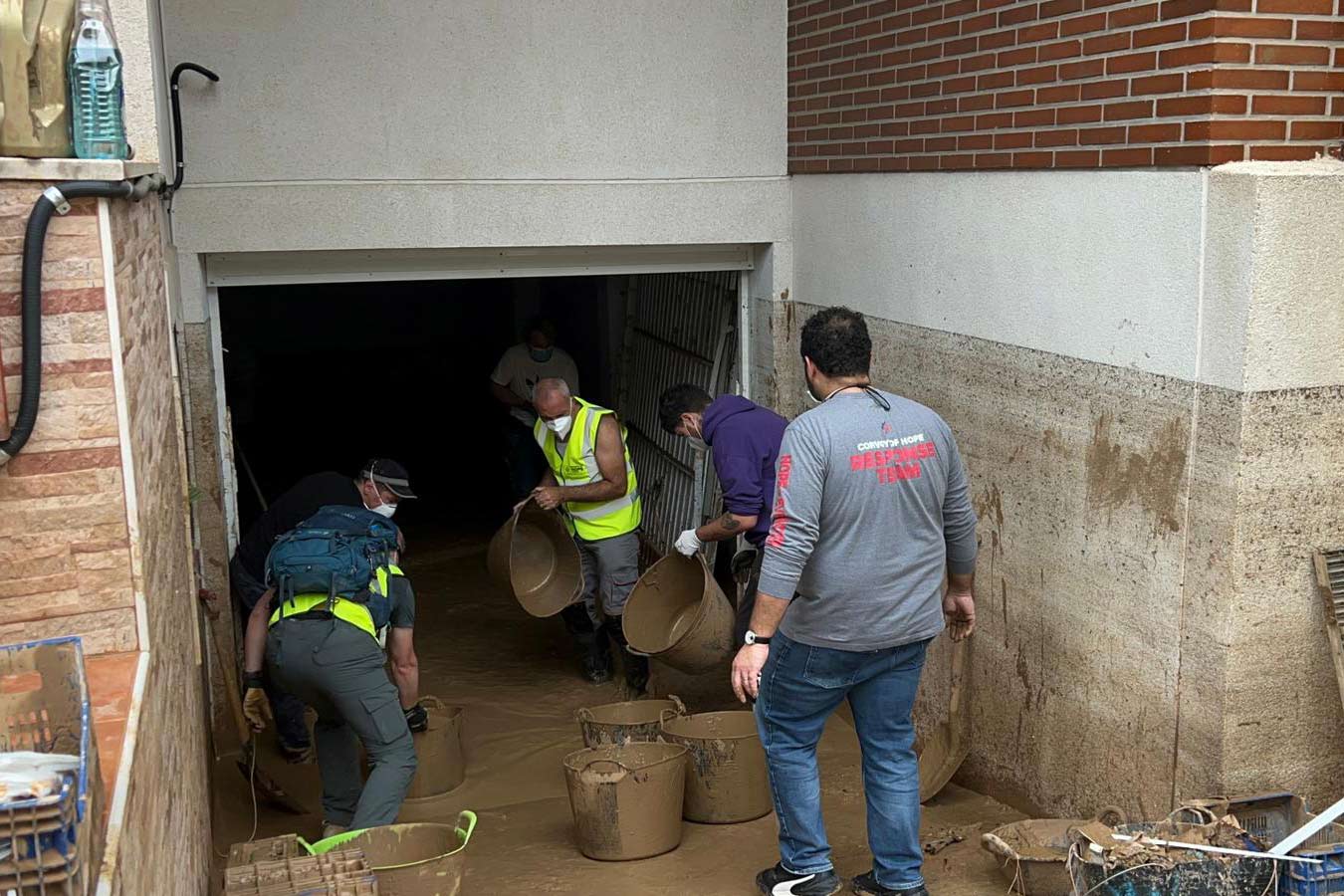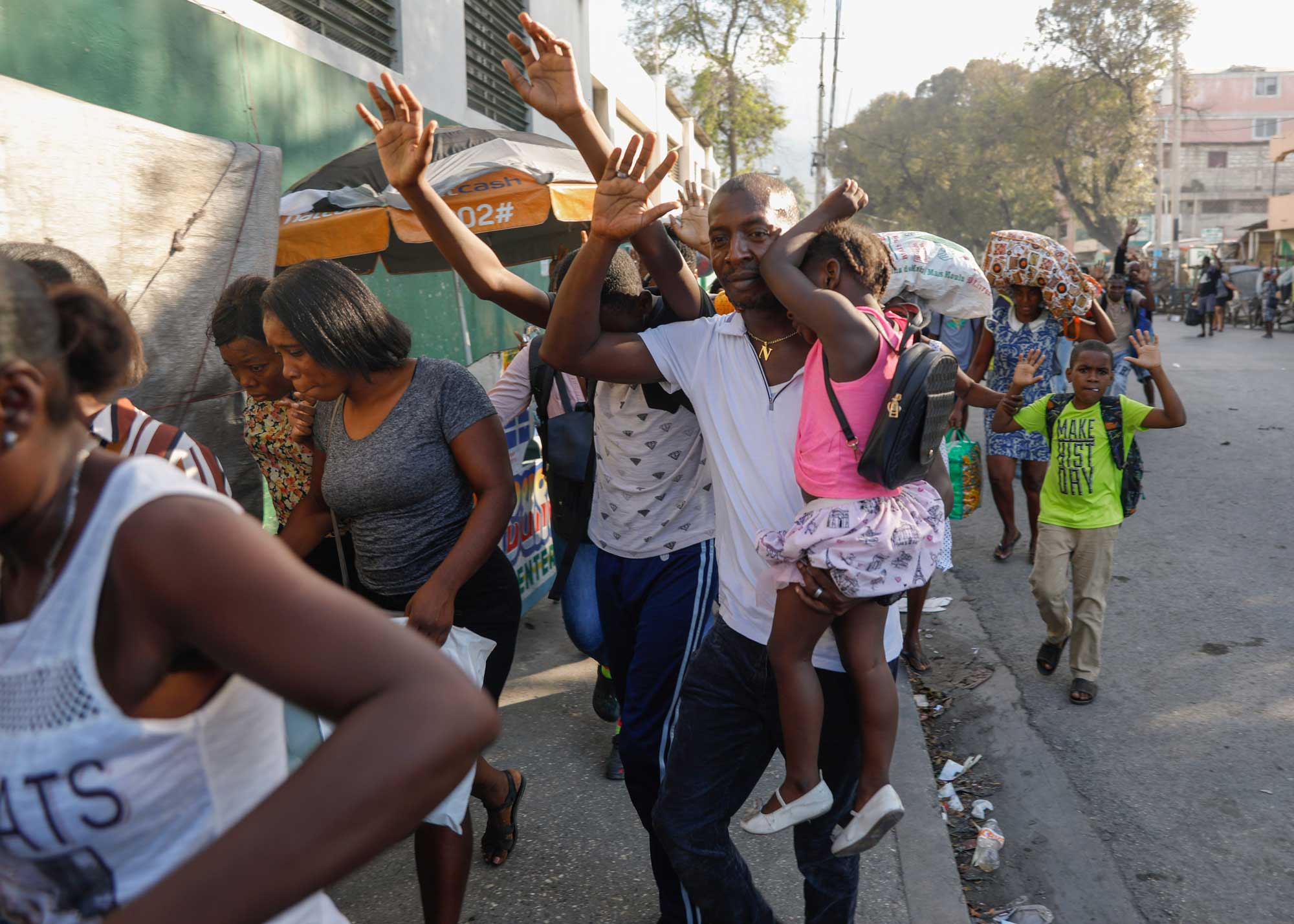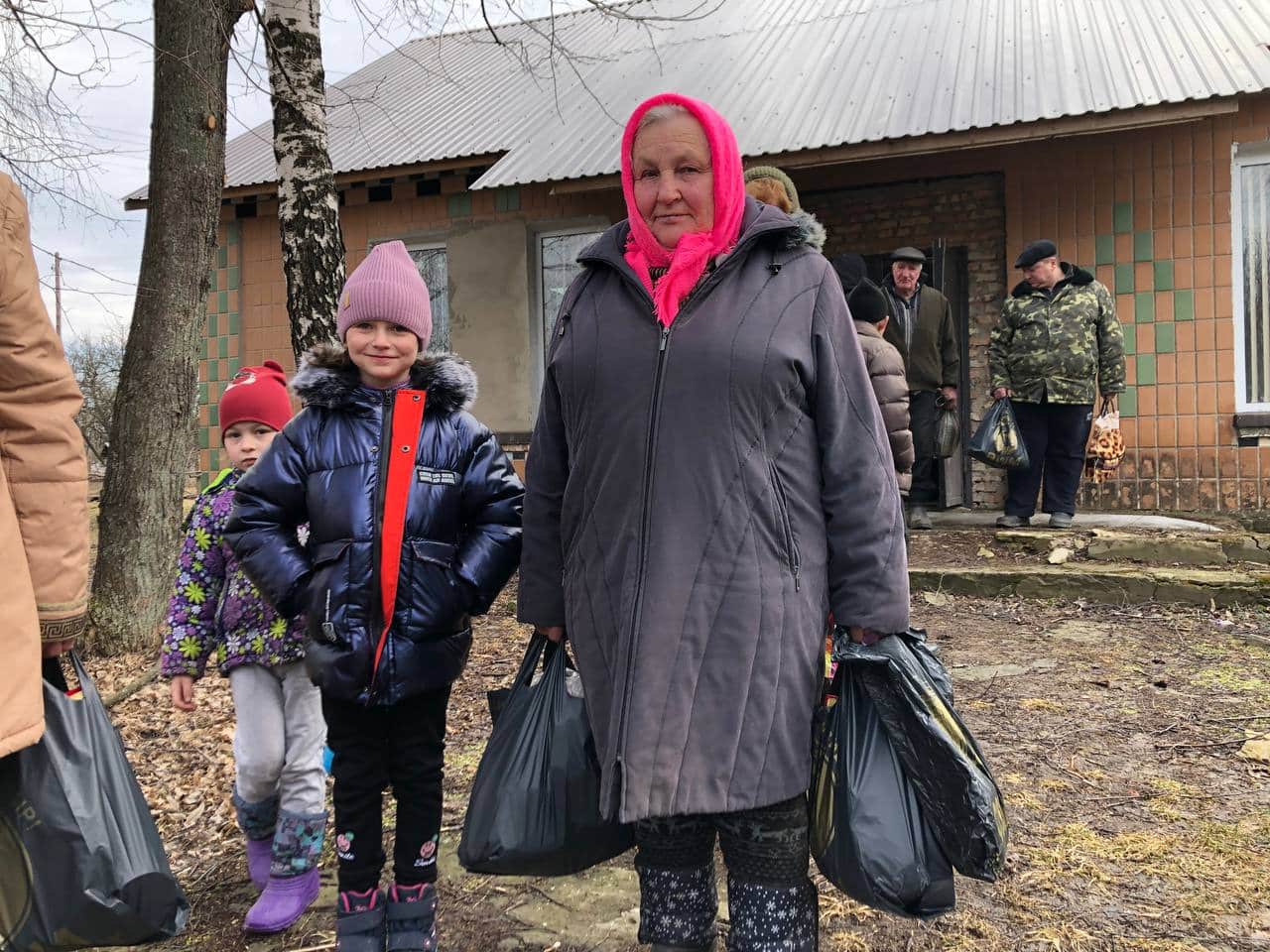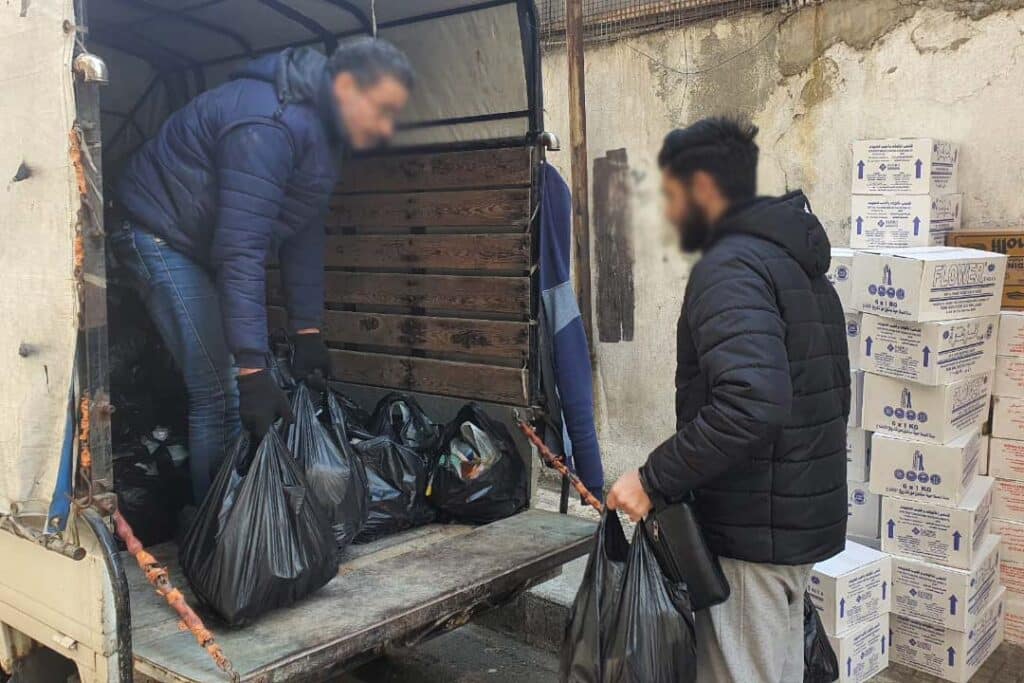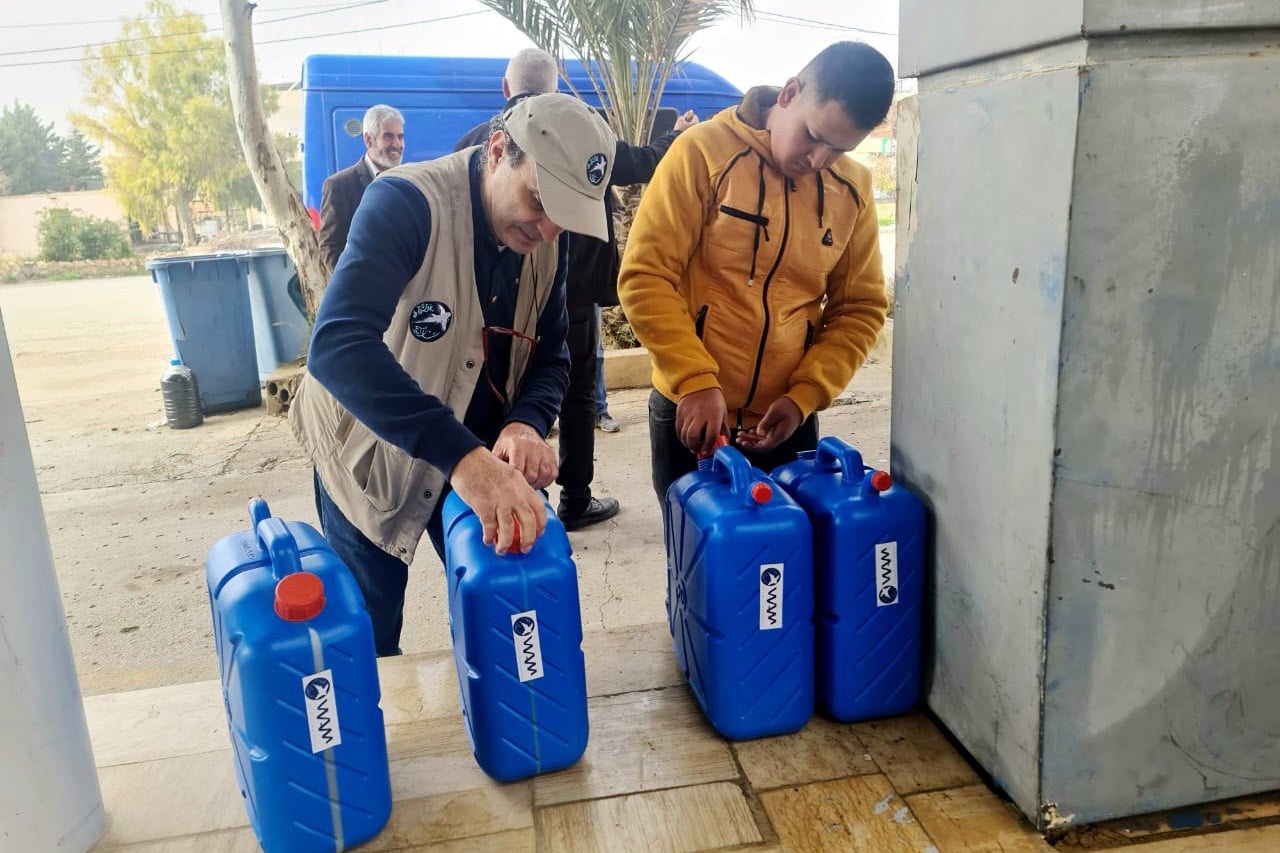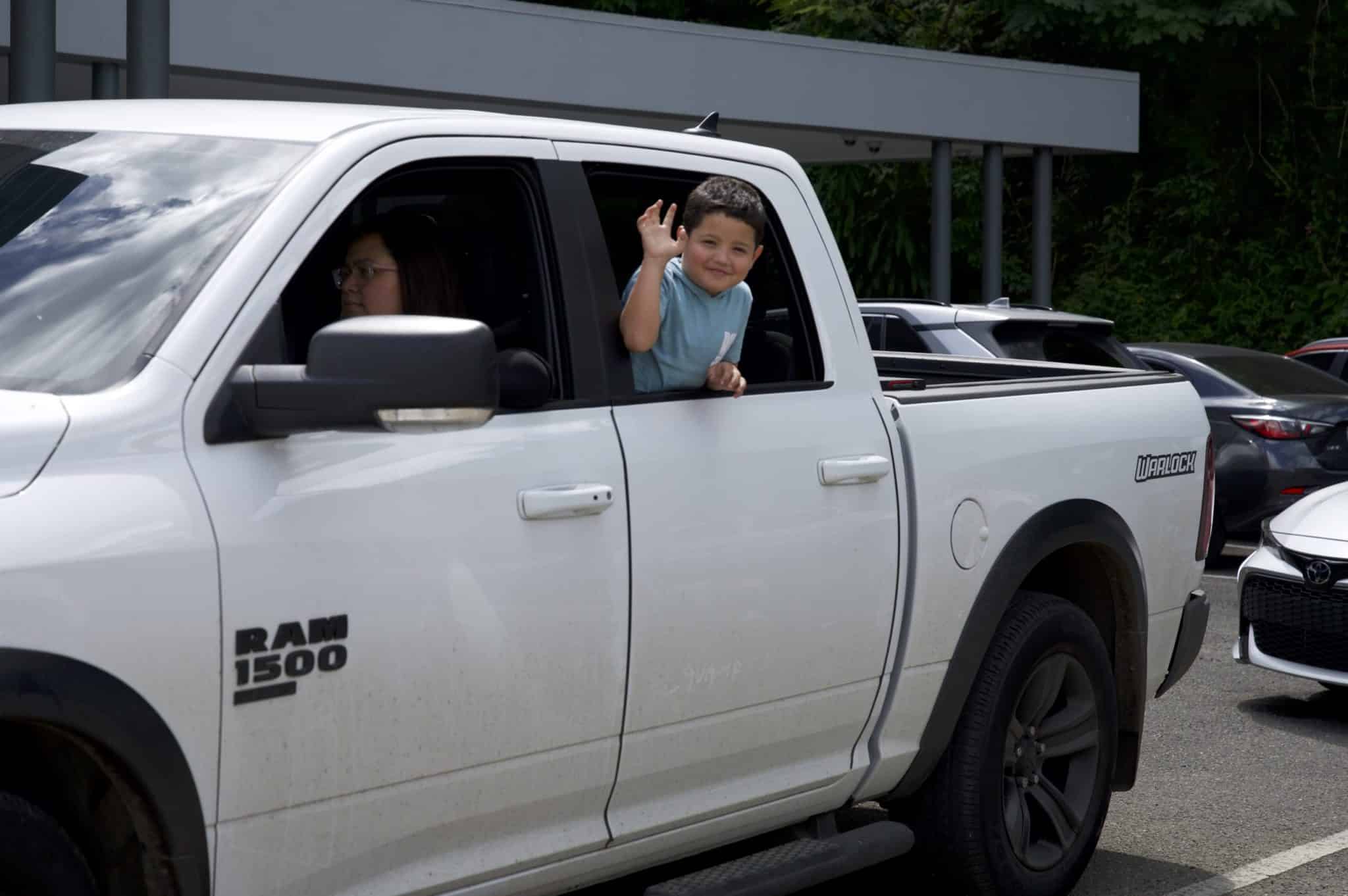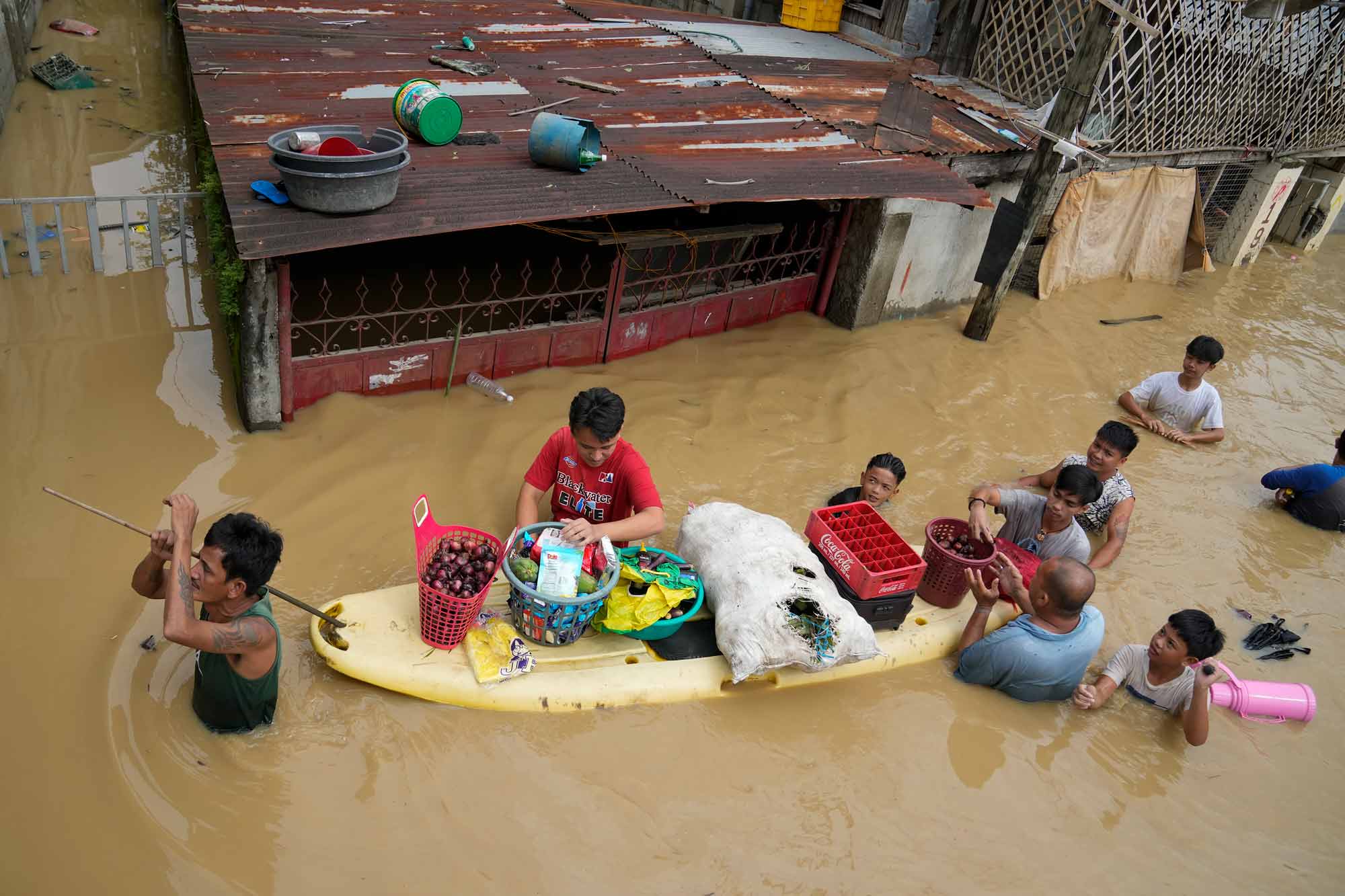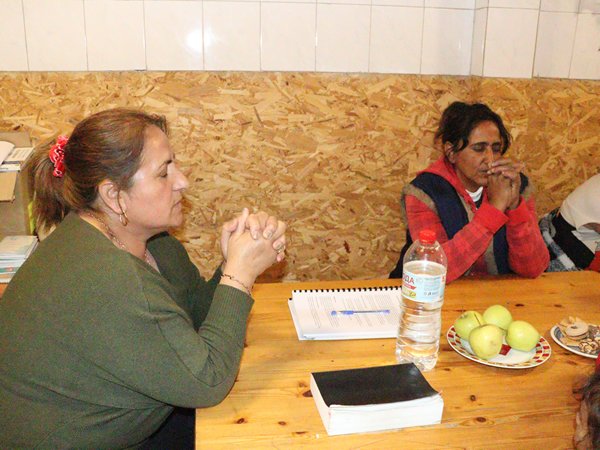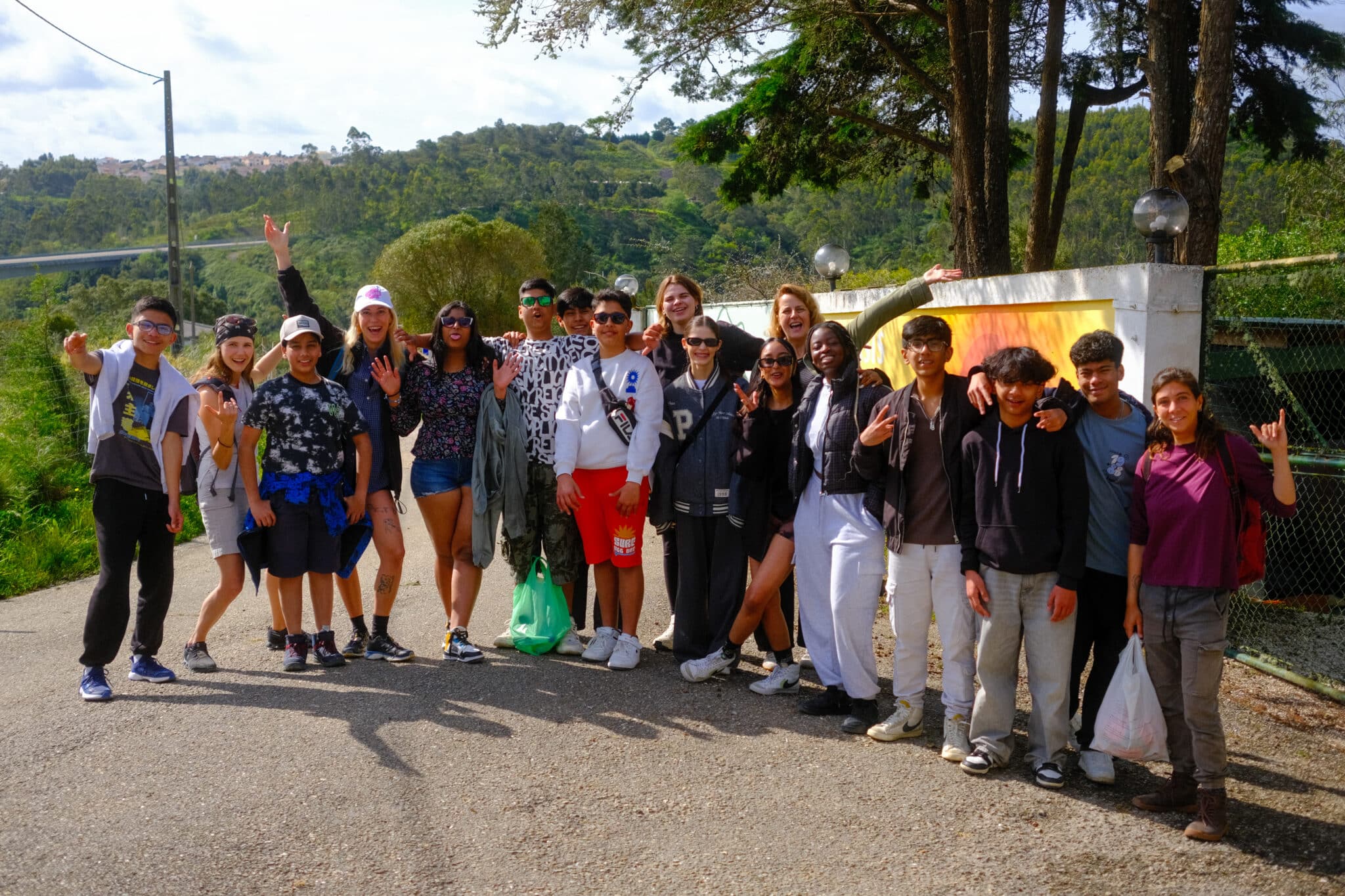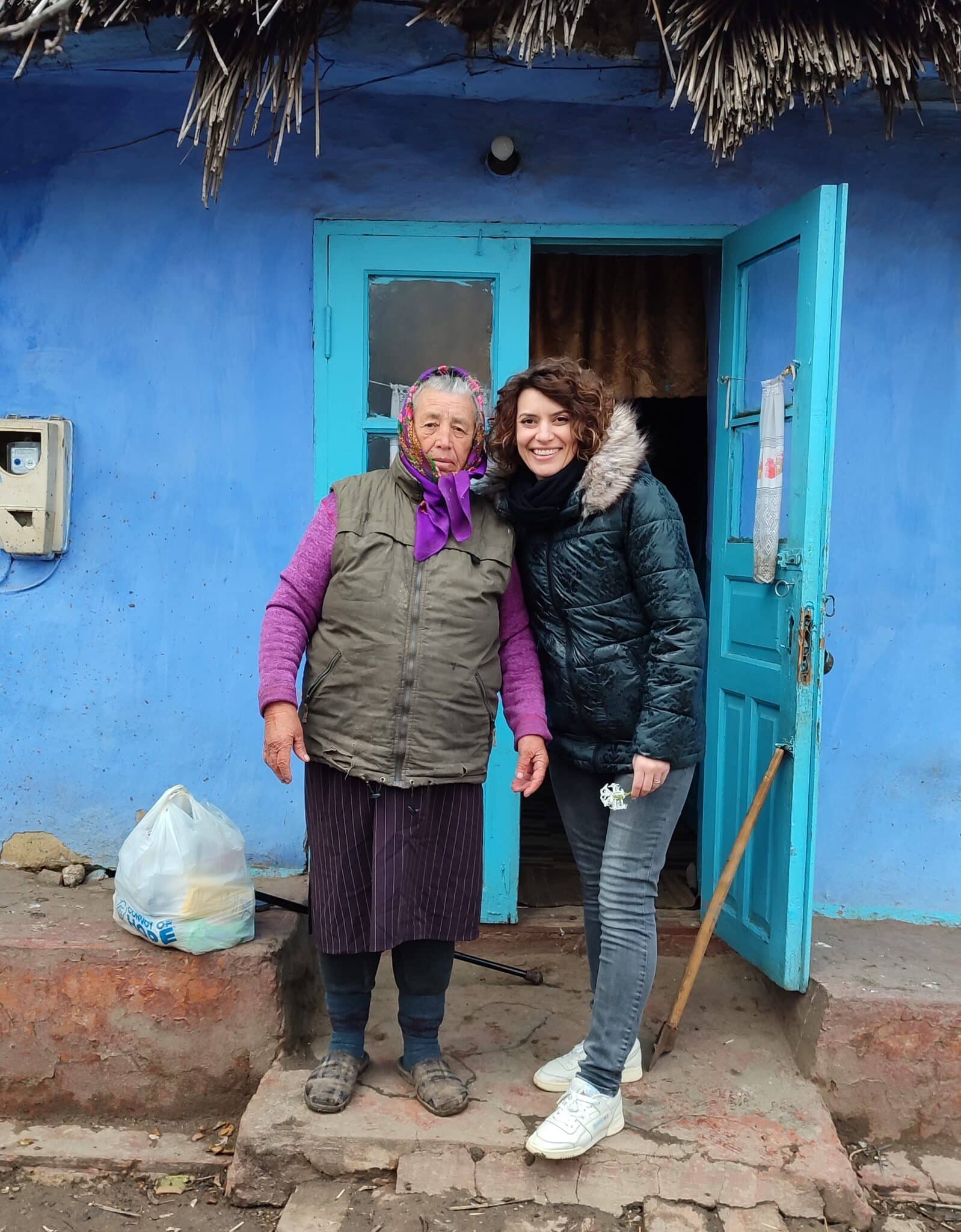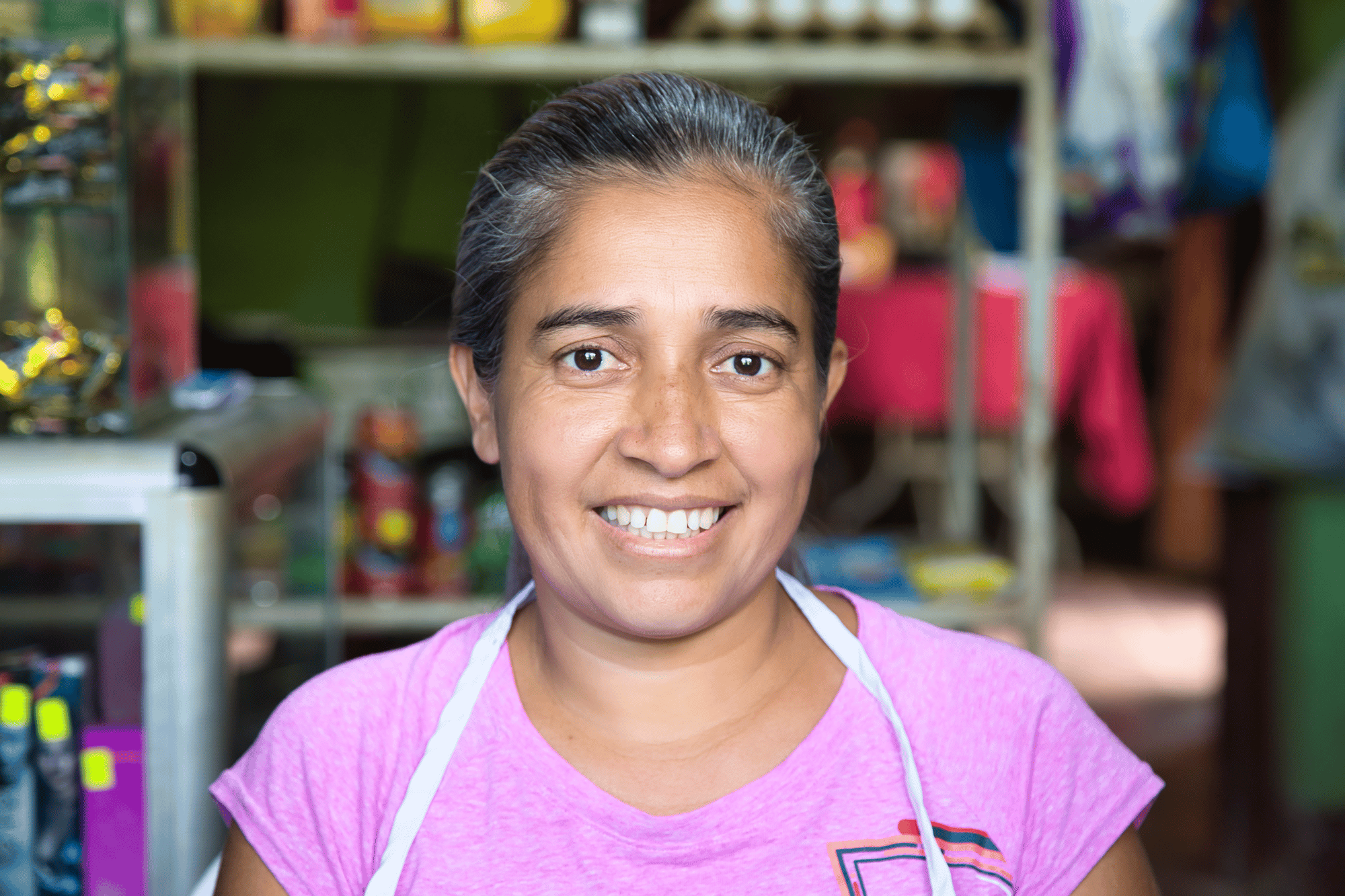
Gloria was just 16 years old and pregnant when her first husband abandoned her. But she has come to know that her past doesn’t define her.
In a desperate situation — with the encouragement of her faith and support from her family — Gloria overcame. Now at 25 years old, she is remarried, has two daughters, and manages her own business.
“I managed to overcome this with the help of God and my parents supporting me,” Gloria said. “By saving my own money and with financial help from my mother, I managed to start my own small business.”
Vulnerable to Hardship
Nicaragua is one of the most impoverished countries in the Western Hemisphere. Lack of infrastructure, lingering civil unrest, and income distribution imbalance all contribute to food insecurity and poverty.
Access to education is limited, especially for farmers, indigenous people groups, and people with low incomes. Droughts, hurricanes, floods, and earthquakes have made the nation and its residents even more vulnerable. These factors create an environment hostile to anyone trying to start and run a business.
Despite the difficulty of living in Nicaragua, the nation has made strides in protecting and dignifying women. In 2012, Nicaragua passed the Comprehensive Act Against Violence Towards Women, a law that made the killing of a woman by a man who had a relationship with her — whether romantic, familial, or other — punishable by 25 to 30 years of jail time. This was the first time a law of this nature was passed in the country.
Convoy’s Work in Nicaragua
Convoy of Hope’s work in Nicaragua began in 1998 after Hurricane Mitch — Convoy’s first international disaster response — devastated the region. Following the success of establishing a Children’s Feeding program, Convoy implemented both Women’s Empowerment and Agriculture programming in 2014.
Now more than 500 women and girls have been empowered through Convoy of Hope’s Women’s Empowerment program. Through hosting training classes and providing seed capital, Convoy equips women to be successful business owners.
Women’s Empowerment also creates safe spaces where mothers can learn to better care for their families through classes on nutrition, cooking, hygiene, and literacy. Convoy’s Girls’ Empowerment groups help girls strengthen their voice, giving them the confidence they need to plan for their futures.
Gloria’s Comeback
Gloria first heard about Women’s Empowerment through volunteers at her church in Nicaragua. She attended the Economic Empowerment sessions and started her own business selling clothes and shoes when she completed the training.
Business boomed, and she never looked back.
“I feel that [Women’s Empowerment] is a very good program,” she said. “It helps us to develop our businesses, our finances, and make a greater impact on our families and community. I feel very grateful and blessed to be a part of this wonderful program.”
One of Gloria’s biggest supporters is her mother. She says her grandmother has also been very helpful. Now Gloria is following in their footsteps by providing for her own daughters. “[Because of the training in the program], I feel more confident and more able to contribute to my family and community,” she said.
In her free time, Gloria loves to cook and use different recipes to share with her family. Though she enjoys running her business, her number one priority is taking care of her two young daughters and spending time with them. “My daughters are my fortitude,” she said. “They inspire me to keep going when I feel I can’t go on.”
Convoy’s Women’s Empowerment program continues to help women like Gloria grow, create and meet their goals, and impact their communities. To help Convoy empower more women, click here.
